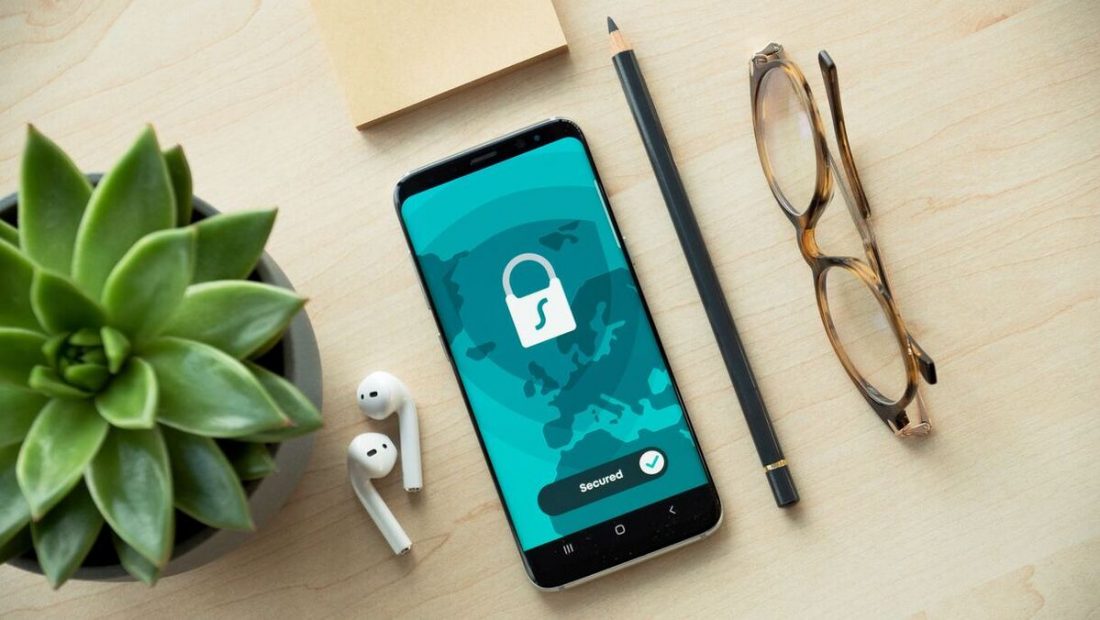Technology has revolutionized every aspect of our lives, and luxury travel is no exception.
In the past, traveling in style meant staying at a five-star hotel or flying first class. But now, technology has opened up new possibilities for luxury travel, making it more accessible, personalized and efficient.
The rise of new technologies enables travelers to enjoy a level of comfort and convenience that was once unimaginable. Whether clients are high net worth individuals (HNWI) or simply those who appreciate the finer things in life, technology is changing the way we think about luxury travel.
It is essential to understand the two phases of technology adoption in this industry.
Customer experiences
The first phase is the internal segment, where staff deploy technology to collect and analyze data. This segment is critical because it helps hotels, resorts and airlines streamline their operations and provide better services to their customers.
The tech must be integrated for ease of use, and data must be consolidated centrally for analysis. However, the internal segment of technology adoption is not without its challenges. Data collection can be complicated, as different departments may be using different software, leading to duplicated and unclean data.
One example is integrated resorts, which offer guests a unique and convenient experience. However, these resorts often face challenges when it comes to sharing customer data between the two different operations.

Resorts often face challenges when it comes to sharing data between the two different operations.
Hotels may collect a significant amount of data about their guests, such as their room preferences, dining habits and interests, while casinos collect information about gaming behavior, such as how much money a customer spends on gambling and what games they prefer.
The current problem in most organizations is data fragmentation, whereby data is not merged or shared with the different departments. Hotels and casinos fail to share this information with one another, leading to separate and incomplete sets of customer data for each operation, and this can create a disconnect in customer service and lead to missed opportunities for cross-selling and upselling.
For example, a hotel may not be aware that a guest who frequently dines at a particular restaurant is also a regular at the casino’s poker tables. As a result, they may miss an opportunity to offer the guest a package that combines dining, accommodation and gaming.
Fast and accurate service
With the rise of maturity in AI, we can provide speed and convenience to the HNWI because that is what they are seeking when they travel.
Analyzing data is not a straightforward task, as it requires expertise to identify and use trends for meaningful purposes. Speed of delivery is also crucial, and data consolidation must be done quickly and accurately.
We can now train computers to analyze these different data in a more accurate and efficient way. This means more reliable results, which can help hotels and casinos to stay ahead of the curve and provide HNWIs with highly personalized services.
By analyzing vast amounts of data on traveler preferences and behaviors, AI can make personalized recommendations for everything from restaurants and attractions to hotels and transportation. This allows travelers to plan their trips more efficiently and swiftly, with a level of personalization that was previously impossible.
For HNWIs who are often short on time and expect the very best, this level of personalization is essential. By using AI to analyze data on their preferences and behaviors, VIP hospitality providers can create custom itineraries that cater to their every need.
AI is equipping staff with the tools to provide a fast, seamless experience for travelers. Hotels have also been changing their gameplay by ensuring they can earn luxury travelers’ loyalty.
For instance, some hotels have introduced apps that enable customers to select their preferred pillows and bed, ensuring maximum comfort. What’s more, they are even collecting customer preferences on their app to provide a more tailored experience on future visits.

Through the power of technology and personalization, luxury travel is now more seamless and enjoyable than ever before.
Another example of personalization is offering mini-bars stocked with customers’ favorite beverages instead of a wide range of options. By demonstrating a deep understanding of what their customers like and need, hotels can create a more loyal customer base. Through the power of technology and personalization, luxury travel is now more seamless and enjoyable than ever before.
Technology has undoubtedly revolutionized the way we live our lives, and it has greatly improved the way we conduct our businesses. However, it is important to remember that technology is merely a tool that should be used to make life easier for operational and property-serving customers.
VIP hospitality should not be solely focused on providing a total end-to-end bot experience. At the end of the day, most people crave human interaction and enjoy communicating with other people. It is essential to keep in mind that technology is not a panacea. It must work in conjunction with human expertise and touch to create a seamless, personalized and unforgettable experience for travelers.
While technology can streamline operations and provide better services, it cannot replace the human touch that is essential in the hospitality industry, especially the luxury travel experience.
Data security
Customer experience has become a top priority for many businesses, and technology plays a crucial role in achieving this.
One example of how technology can enhance the customer experience is by automating certain processes. For instance, if a customer has visited a property before, they should not have to ask for the wi-fi password again. Instead, they should be automatically logged in the moment they walk through the front door.
Open data and sharing have revolutionized the way luxury travelers navigate the world and prevent the risk of a data breach. Today, we have advanced technologies like blockchain and enhanced encryption that enable users to securely store their data on the cloud using the framework of ’smart contracts’. Fortunately, technology has paved the way for a seamless and hassle-free journey.

Open data and sharing have revolutionized the way luxury travelers navigate the world and prevent the risk of a data breach.
One innovative concept is the creation of an online digital wallet, which allows travelers to store their personal information and selectively share it with relevant destinations. Whether it’s sharing details with a hotel or a flight, this digital wallet streamlines the travel experience and eliminates the need to carry physical documents at all times. With this modern approach to travel, luxury travelers can now focus on enjoying their experiences without worrying about logistics.
A digital passport is another fantastic step forward in travel technology. With details stored securely in the user’s phone, the risk of a lost passport is greatly reduced, freeing up valuable time that can be better spent enjoying the vacation.
Moreover, with a digital passport enabled with a geo-location feature, geo-location authorities can quickly and easily verify identities whenever necessary, adding an extra layer of convenience and security to the travel experience.
Looking to the future of travel, we can only anticipate that technology will continue to evolve and offer more seamless, luxurious experiences. Imagine an app that connects you to destinations around the world, even when you’re on the go. With just a wave of your phone on a sensor, you could unlock your hotel room door and enjoy effortless access.
Of course, to ensure top-notch security, biometric data and high-level authentication questions would be required. With a simple touch of your phone, everything would be at your fingertips, making for an entirely hassle-free travel experience.
By being able to provide luxury travelers with seamless experiences and expectations that are way beyond what they have expected, it is safe to say that technology has changed the game in many ways.
Innovative solutions have been used to enhance luxury travel and provide ease and comfort to many and, with the advanced technology that is still expanding, the future will be even brighter for travelers.
Marcus Lim, the current CEO of Vault Corporation, had a decade-long career as a host and marketer at major casino and resort chains worldwide before venturing into entrepreneurship. During his career, he effectively marketed gaming resorts and high-end entertainment to clients worth billions of dollars. Aside from Vault, Marcus has a strong entrepreneurial spirit and has invested in several companies in payments, business consulting and sea sports.







